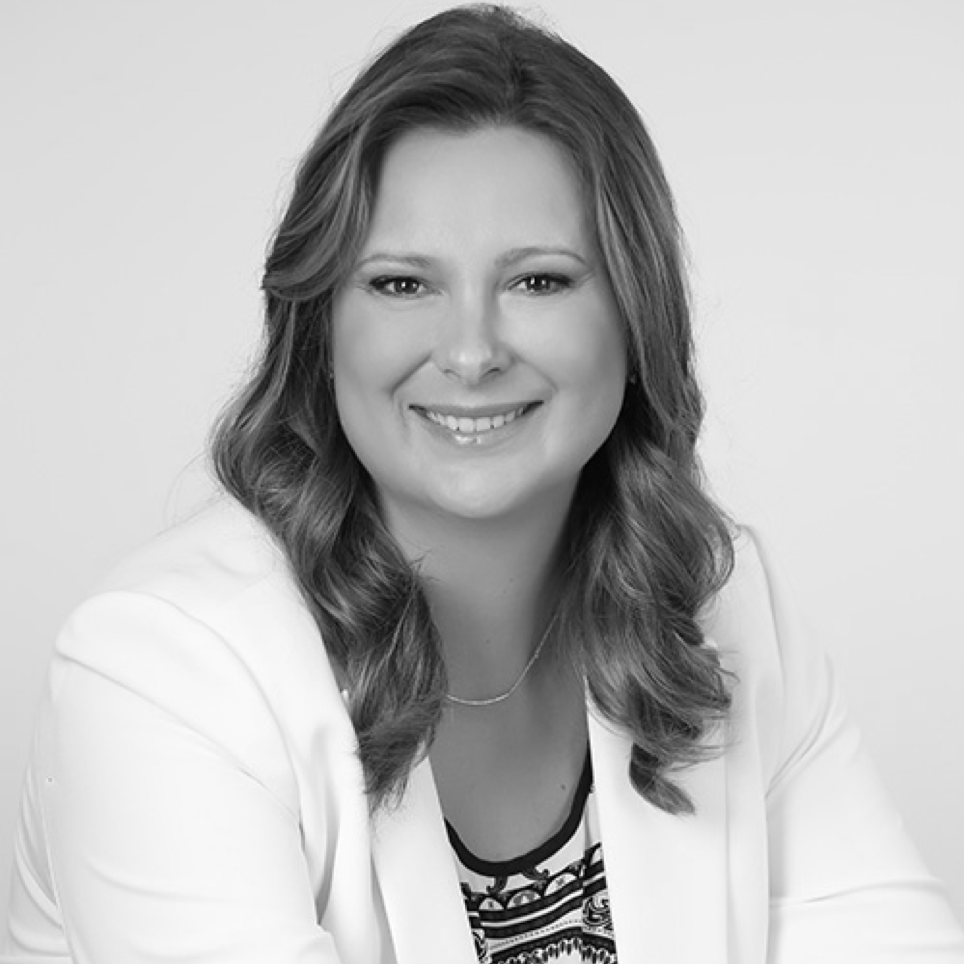6 Questions is an interview series with Medical Alley leaders about the future of healthcare. The Medical Alley Association’s membership includes leaders in healthcare delivery, payment, technology, and policy, which gives us – and in turn, you – access to diverse perspectives on how healthcare is changing and what lies ahead.
This series is meant to share insights from, and spark discussion within, this powerhouse healthcare community. If you have a perspective on the future of healthcare, feel free to share it by reaching out to Frank Jaskulke, Vice President of Intelligence at fjaskulke@medicalalley.org
—–

Dr. Katherine Kumar specializes in regulatory and clinical operations, as well as reimbursement and marketing functional areas of the business. Prior to 4C Medical, she was VP of Clinical and Regulatory Affairs at TVA Medical, Inc. (acquired by Becton, Dickinson and Company), VP of Clinical Affairs at Monteris Medical, Inc., and Sr. Director of Science & Clinical Affairs at Cardiovascular Systems, Inc. (CSI) where she led clinical study development and execution, all scientific activities, and the bridge between clinical and marketing activities. Prior to CSI, Dr. Kumar led clinical efforts at MEDRAD Interventional/Possis Medical (a business of Bayer HealthCare), American Medical Systems, and several startup companies.
Dr. Kumar earned her Master of Science and Ph.D in Mechanical Engineering degrees from the University of North Carolina at Charlotte. She also earned the Regulatory Affairs Certification (RAC) in 2009 and is a Harvard Business School alumni (Executive Education, General Management Program 2017).
This interview has been lightly edited for clarity and length.
Will the future of healthcare be most significantly defined by reigning in costs or accelerating outcomes?
This is tough question… We must have both…If you will lower costs, but not improve outcomes, your cost eventually will increase, and you will lose in both. At the same time, for you to have improved outcomes, you will have to spend. Both must be balanced.
What is the definition of value in healthcare today and what should it be?
On one hand, we are trying to look at health economics long term, but on the other, we are trying to reduce procedural costs. In my opinion, you may have to spend more upfront to get more valuable (and much better for patients) long-term results. We apply this logic in everyday life (e.g., buying better quality appliances so they last longer) but fail to do the same in healthcare.
What’s the biggest “blind spot” in healthcare today?
Trying to reduce cost! Let me try to elaborate:
We are trying to drive cost down: This may be reduction of manufacturing cost so that we can sell a device for lower cost to a hospital, reducing their cost, etc. We forget to ask “What does this really do for patients?” By reducing manufacturing costs, we save on features of the product, reduce sizes, etc. This will eventually lead to a less optimal outcome for patients. Eventually, patients will keep coming back to the hospital, driving the overall healthcare cost up
The solution is customization that costs more upfront but leads to optimal long-term results; great for patients’ quality of life as well as significant reduction in overall healthcare cost. But everyone fears it! If I will need a medical device or a drug, I would want those to be customized/personalized.
What’s the venture capital sector’s biggest “blind spot?”
There is almost no difference today between VCs and banks… Hence, VCs today are really missing out on early opportunities in general.
Why is a presence in Minnesota, known as the Medical Alley, critical to your company?
I can answer this by giving you specific example. A while back, I accepted position with TVA Medical, a cardiovascular company based in Austin, TX. The CEO was friend of my friend and it appeared to be a good fit. I don’t mind travel, and if I could live in Minnesota, I was ok commuting. Shortly after starting, I came to realization that no one gets med devices… Yes, every state has engineers. But almost none of them have as much talent in medical device like Minnesota does. Eventually, we created a satellite office in MN and hired all local clinical and regulatory staff. Medical Alley is amazing as it provides unique opportunities, not only from training perspective, but also from collaboration.
What is the one thing, other than time or money, you wish you had more of?
From personal standpoint, most probably more time with my kids. They are growing too fast! From a business standpoint, easier ways to connect with different people… What I mean by that is when I went to Harvard Business School, there was such a diversity in industries, in countries, etc. – I learned so much from those interactions. Creativity is amazing and you get energized like there is absolutely nothing you cannot do!
